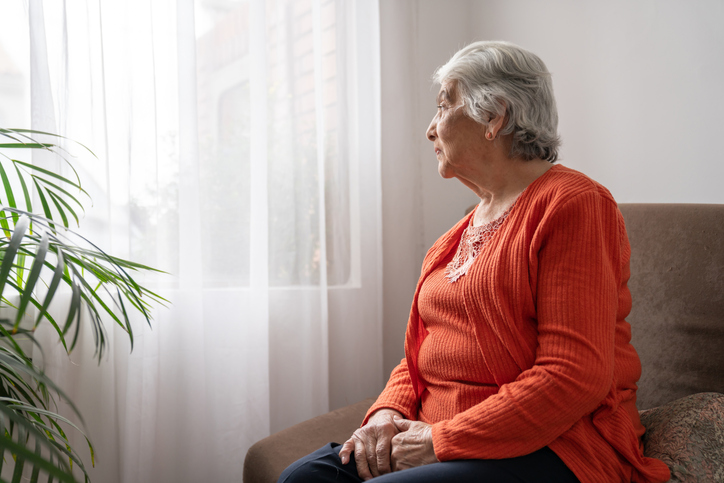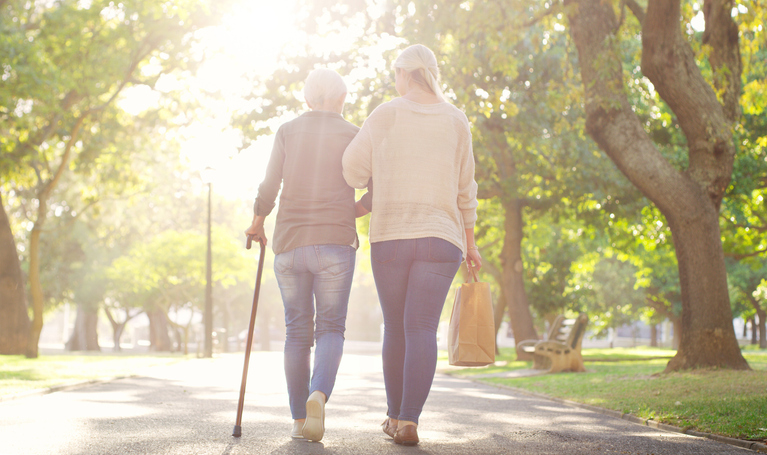Urinary Incontinence in Women

Urinary incontinence is a bladder issue affecting nearly twice as many women as men. It’s often called overactive bladder. It can be an embarrassing problem since the loss of bladder control can lead to leaking urine. A strong, sudden urge to urinate occurs when the bladder muscles tighten and sphincter muscles around the urethra, the tube through which urine leaves the body, are not able to hold the urine in. Male incontinence may be brought on by an enlarged prostate, diabetes, or Parkinson’s disease. Women are more likely to develop urinary incontinence because muscles may have been weakened during pregnancy and childbirth. Hormonal changes due to menopause can also cause incontinence, making it a common women’s health issue. Aging may also be a factor, but incontinence is not an inevitable part of the process.
Two common types of urinary incontinence are stress incontinence and urge incontinence.
Stress Incontinence

Stress on the bladder causes urine to leak out. Coughing, sneezing, laughing, sudden movements, and physical activity can put enough stress on the pelvic floor muscles to cause urine leakage. Women of any age can be affected. Kegel exercises that strengthen the pelvic floor muscles can help reduce problems with incontinence.
Urge Incontinence
Leakage may occur after a strong, sudden urge to urinate. It sometimes happens as people are sleeping. Others feel the urge to urinate more frequently, typically more than eight times per day. When they do use the bathroom, not much urine comes out, or they are unable to empty their bladder completely.
Are there treatment to help?
Some surgical and non-surgical treatments are available. Pelvic floor exercises, vaginal inserts, medications, and avoidance of caffeine and alcohol are some of the first-line treatments that may be recommended. Caffeine can irritate the bladder and alcohol acts as a diuretic. Natural products including cranberry tablets and turmeric may help relieve symptoms of overactive bladder. If conservative treatments have not worked, surgery may be an option for some women. Severe symptoms may be improved by a sling procedure to support the bladder or a bladder neck suspension procedure. The recommended procedure will depend on the patient’s type of incontinence.
It is not recommended to limit water intake as water keeps the body hydrated. Dehydration causes the urine to be more concentrated, which actually irritates the bladder. Drinking water also helps prevent urinary tract infections. However, people dealing with incontinence may want to limit their fluids right before bedtime to prevent accidents during the night.
Next Steps
It may be time to talk to your doctor if urinary incontinence is negatively impacting your quality of life. If you are embarrassed by leakage or avoid certain activities to prevent urinary leaks, it isn’t something you just have to learn to live with. The physicians at RMD Primary Care are here to help. Contact us today.




